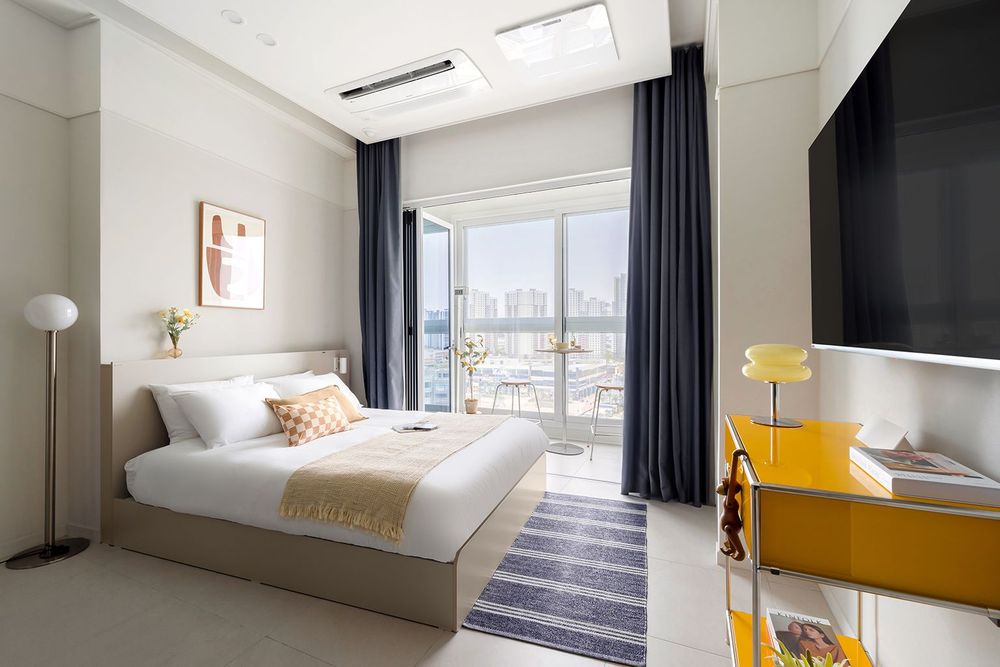1. 🏠 What is the difference between Jeonse and Wolse in Korea?
Korea has two main rental systems.
- Jeonse (전세): A very large lump-sum deposit (often 50–70% of property value). In return, you pay little or no monthly rent.
- Wolse (월세): A smaller deposit (commonly a few million KRW) plus monthly rent.
- Rule of thumb: The higher your deposit, the lower your monthly rent.
Most newcomers, students, and young professionals choose Wolse, as it requires less cash upfront.
2. 🛡️ How do you protect your deposit in Korea?
Your deposit is your biggest financial risk.
- Verify ownership: Ask your agent to pull the latest building registry (등기부등본).
- Register your lease: At the local government office right after signing.
- Registration ensures your deposit is protected if the landlord defaults or sells the property.
3. 📇 What documents do foreigners need to rent in Korea?
- Alien Registration Card (ARC): Apply within 90 days of arrival. Many services require it.
- Bank account: Needed for rent, bills, and online shopping. Some banks allow setup with ARC receipt.
- Mobile number: Most apps and logins require SMS verification. Start prepaid, switch later.
👉 ARC → Bank account → Mobile plan is the order that makes everything easier.
4. 💸 What upfront costs and monthly expenses should you expect?
Upfront costs:
- Deposit: A few million KRW (Wolse) to tens of millions KRW (Jeonse).
- Agent fee: Licensed agents charge a capped fee by law.
Monthly expenses:
- Rent: 600,000–1,400,000 KRW (studio, location varies).
- Management fee (관리비): 70,000–150,000 KRW (cleaning, security, sometimes heating/water).
- Utilities: 60,000–120,000 KRW (gas, electricity, water).
- Internet & mobile: 40,000–80,000 KRW.
- Groceries & dining: 300,000–600,000 KRW.
👉 Typical total: 1.3M–2.8M KRW per month, depending on location and lifestyle.
5. 🤝 Should you use a licensed real estate agent (부동산)?
Yes—licensed agents are the safest way to rent.
- Fees are capped by law.
- They handle contracts, registration, and paperwork.
- Look for agents who regularly serve foreigners for smoother communication.
6. 🚇 How do foreigners get around in Korea?
- Get a T-money card for buses, subways, and even convenience stores.
- Use KakaoMap or Naver Map (Google Maps is not reliable for navigation).
- Trains and buses are punctual, safe, and affordable.
7. 🔌 How do utilities and internet work in Korea?
- Heating: Most homes use ondol floor heating—expect higher gas bills in winter.
- Management fee: Ask if it includes water or heating.
- Internet: Fast nationwide, but thick walls may block Wi-Fi—test signal in each room
8. 🏥 How does health insurance work for foreigners in Korea?
- After ~6 months on a qualifying visa, you must join National Health Insurance.
- Premiums are affordable, care quality is high.
- Pharmacies (약국): Common and efficient; describe symptoms and get OTC medicine.
- Emergency number: 119.
9. 🧺 What everyday living tips save you trouble?
- Shoes off indoors. Always.
- Recycling is strict: Separate food, paper, plastic, cans, and glass.
- Laundry: Dryers are rare—buy a rack and consider a dehumidifier.
- Convenience stores: They’re mini-hubs for SIM top-ups, bill pay, and parcel pickup.
10. ⚠️ How can you avoid rental scams in Korea?
- Be cautious of cash-only deals or prices far below market.
- Always match the landlord’s ID with the property registry.
- Register your lease immediately to protect deposit priority.
- If anyone rushes you, walk away.
